You are here
Back to topChina Intensifies Inspections of Vietnamese Durians and Jackfruit Over Heavy Metal Contamination
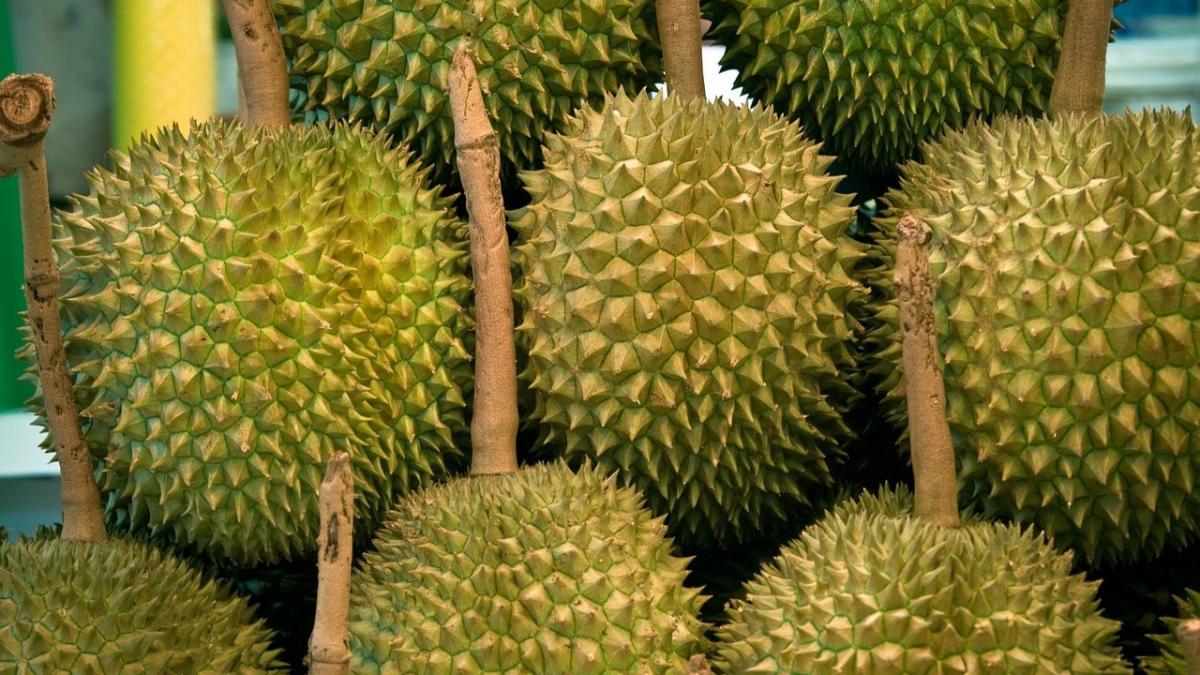
Customs authorities in Nanning and Kunming, the capital cities of Guangxi and Yunnan provinces, have reportedly once again detected excessive levels of cadmium in shipments of Vietnamese durians and jackfruit during recent customs clearance inspections.
The General Administration of Customs of China has previously issued several warnings regarding this issue. In March, the GACC alerted Vietnamese authorities about approximately 30 batches of Vietnamese durians imported into China that had been found to exceed safe cadmium levels. In June, the same issue was reported for another 77 batches involving multiple packaging facilities and orchards. The recurrence of this problem suggests that it has not been adequately addressed, highlighting the need for increased vigilance from all concerned parties.
In accordance with the bilateral protocol, the relevant Chinese and Vietnamese authorities have agreed to implement stricter inspections for each batch of Vietnamese durians and jackfruit destined for China between Dec. 1, 2024, and June 1, 2025. The cadmium levels of shipments heading to China must be tested by an approved laboratory. Only products that meet the required standards will be allowed entry into China, and they must be accompanied by a test report. Meanwhile, several Vietnamese fruit packaging facilities have already lost their export qualifications to China for failing to comply with the regulations.
Recently, customs officials at the Friendship Pass border crossing in Guangxi held a policy briefing on the issue of heavy metal contamination in imported Vietnamese durians and jackfruit. Several measures will be implemented for these imports going forward. First, customs will inspect every batch of durians and jackfruit from Vietnam. Second, on-site inspections will be intensified to ensure strict adherence to GACC standards. Third, goods that lack a test report from a recognized testing agency or exceed the heavy metal limits will be returned to the country of origin or destroyed. Finally, customs will closely monitor the certification of test reports issued by Vietnamese laboratories. If a subsequent test of the same batch by Chinese authorities fails, the laboratory’s certification will be revoked.
Chinese customs authorities have also emphasized their crucial role in regulating the import and export of food products, stating that imported foods must comply with the standards agreed upon by both countries. Food safety is directly linked to consumer health and trade stability, and businesses must adhere to customs import requirements. However, some companies have been found engaging in illegal practices, such as rerouting non-compliant products through other border crossings or concealing them among compliant goods in shipping containers to evade inspection. In response, Chinese customs will adopt a strict law enforcement approach and increase the corresponding penalties.
These new measures will significantly increase the time and testing costs for Vietnamese fruit exports, potentially placing financial and technical pressure on small-scale orchards and exporters. Additionally, this may necessitate some restructuring of the Vietnamese fruit export industry, with companies and laboratories needing to enhance their management and testing capabilities. Failure to do so could lead to a loss of market share in China, triggering a ripple effect throughout the entire Vietnamese fruit export supply chain.
The stricter inspections at border crossings may also impact the efficiency of customs clearance procedures, leading to delays and cargo backlogs. From a market perspective, the short-term supply of Vietnamese durians and jackfruit in China could decline, causing significant price fluctuations and limiting consumer options. In the long run, if Vietnam fails to effectively address the heavy metal contamination issue, its market share in China may be overtaken by other Southeast Asian competitors. Even if product quality improves, rebuilding consumer trust will be a prolonged process, requiring substantial resources for brand recovery and market promotion.
Image: Pixabay
This article was translated from Chinese. Read the original article.



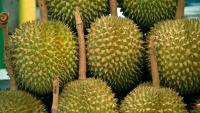
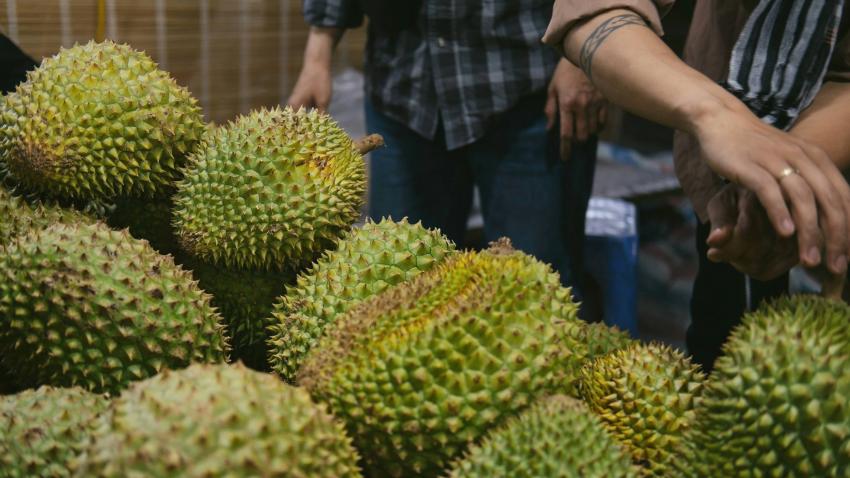
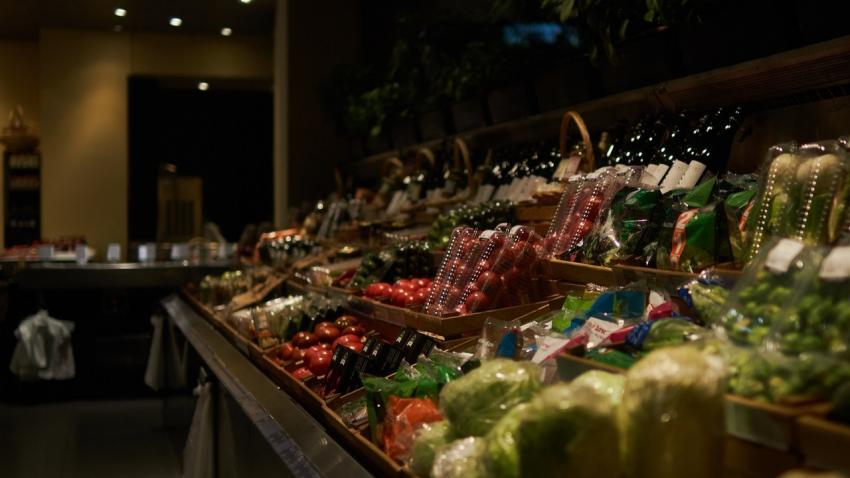
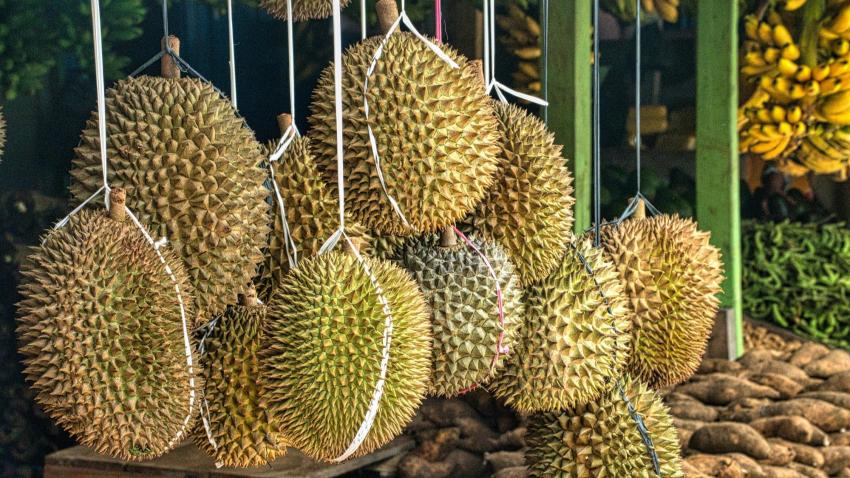
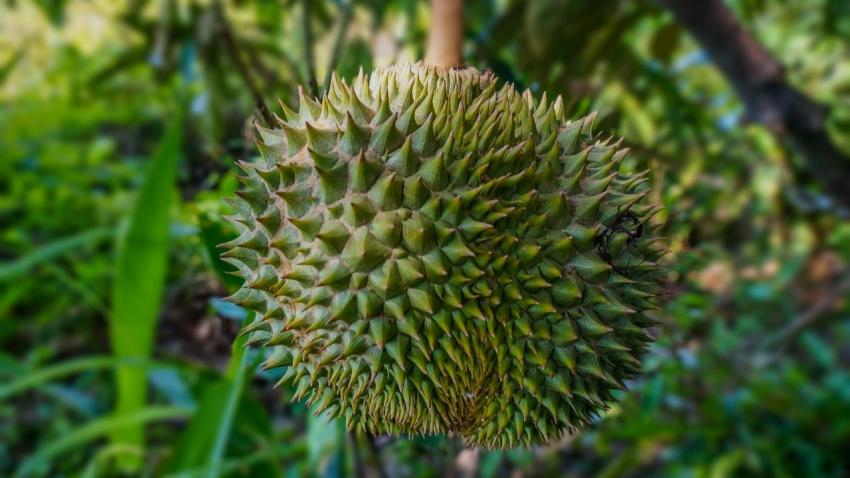






Add new comment